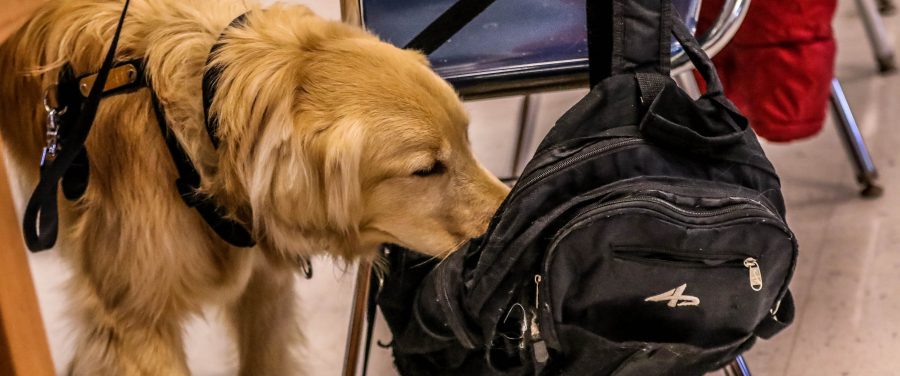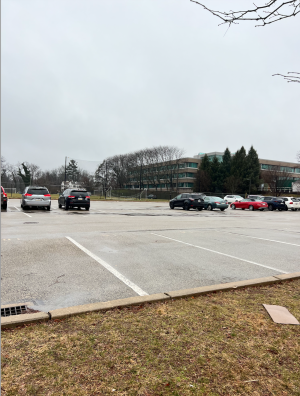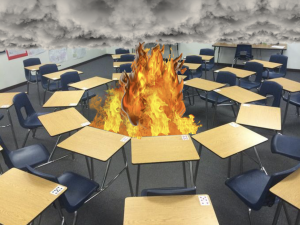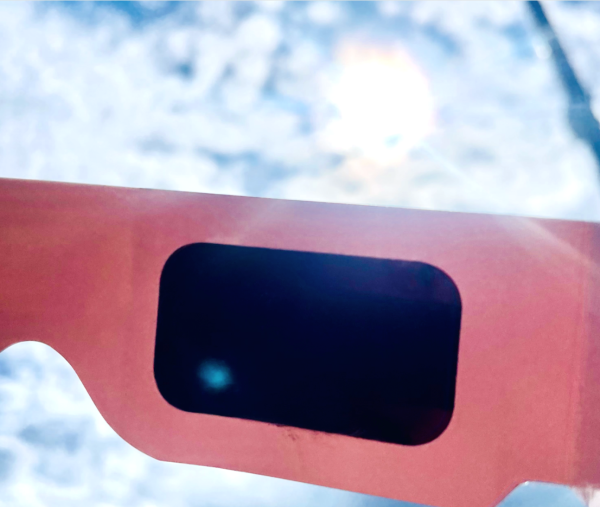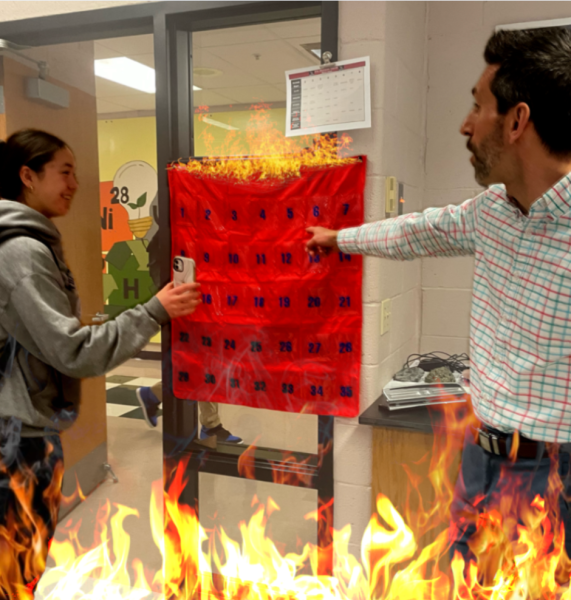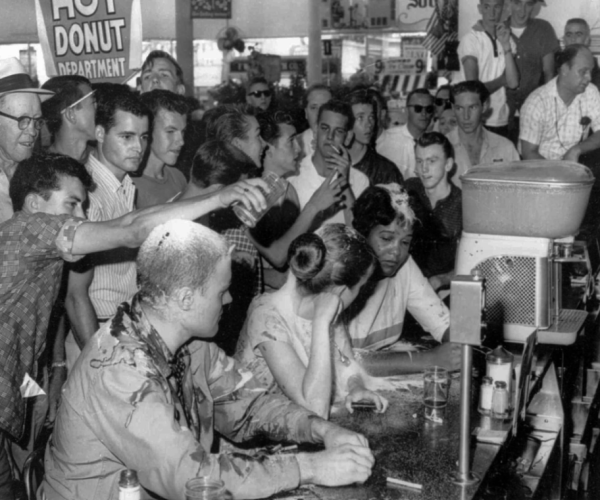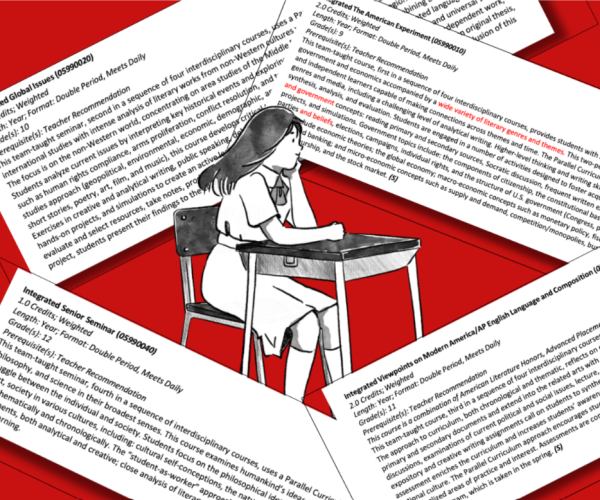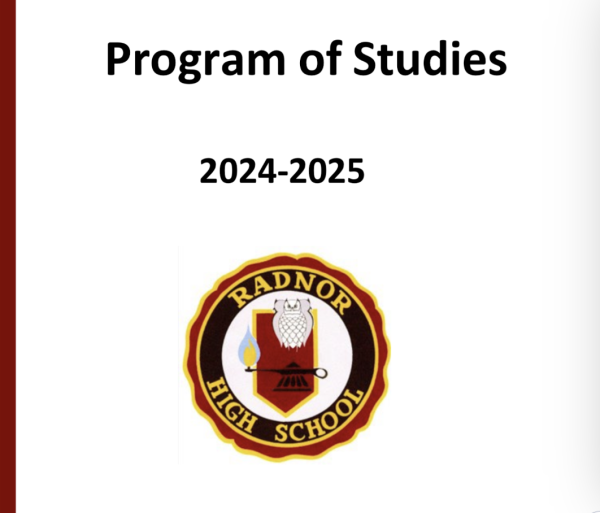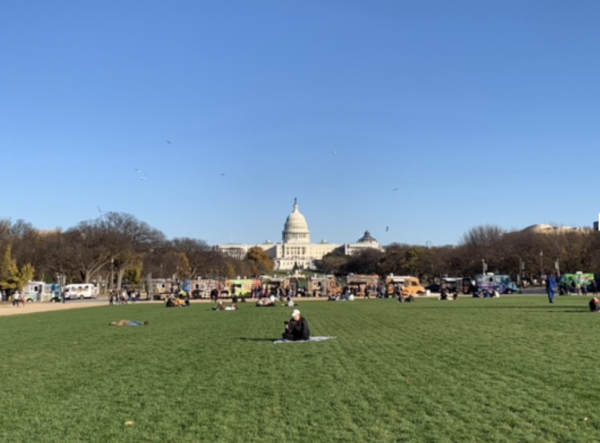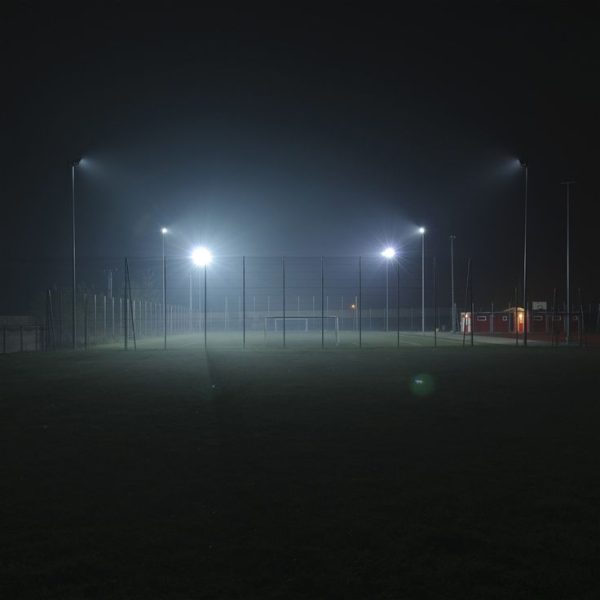Drug Dogs: A Timeline and an Overview
April 18, 2017
Over the course of a week, administrators unveiled their plan to use drug-sniffing dogs in the fight against teenage drug use. The controlled announcement first reached teachers, the school board, student leaders, parents, and then the student body at large. In our first installation of a series, Radnorite will try to straighten out some questions for anyone who needs to catch up.
A Timeline of Events
Tuesday, 4 April
After school, teachers and administrators stayed in the building for a faculty meeting. This was the first time the staff was told about the drug-sniffing dog program. We do not know enough about the meeting to write about the extent or dynamic of this discussion, but administrators repeatedly told us that no teachers have voiced disagreement over the use of dogs.
Later that evening, at a School Board Facilities committee session, Mr. Bechtold answered questions regarding the proposal. Two directors—Mr. Madden and Mr. Miller—recalled that Radnor High School used dogs when they were students. Minutes from this meeting were published soon after, and we first learned of the program. A recording of this meeting is available here.
Wednesday, 5 April
During school, Mr. Bechtold met with a senior member of Student Government for a conversation about the use of drug-sniffing dogs.
After school, Mr. Bechtold sent a letter addressed to “Radnor High School Families,” the body of which began:
As an additional measure in our continuous effort to keep our students safe, empower them to make positive choices, and maintain a drug- and alcohol-free learning environment, Radnor High School and district administration are actively working with professionals to coordinate unannounced sweeps of our campus by certified drug dogs.
Mr. Bechtold continued with a more rhetorical paragraph:
Like every high school across America, RHS is filled with teenagers who enter our doors with their unique stories. Many of our students have to contend with academic and social peer pressure on a regular basis. One of the most prevalent and real pressures they have to deal with is the temptation to use drugs and alcohol.
Mr. Bechtold named Radnor’s past and present efforts to curb drug use, which include the Alliance for Safe Kids (ASK), the SAFE homes initiative, and last year’s Speakers’ Series which featured Chris Herren.
Mr. Bechtold then reaffirmed Radnor’s continuing support to those students who struggle with drug addiction:
Should your child need assistance, please reach out to his or her guidance counselor or building administrator, and we can connect you with our drug and alcohol counselor from the Caron Foundation.
He concluded by thanking parents for their “continued support and partnership with RHS as we work together to continue to protect and support your children and our students.”
A copy the letter is available here.
Thursday, 6 April
During school, Radnorite scheduled time with Mr. Bechtold. We met with him later in the day for an interview, which provided background and statements for this series of articles.
After school, Student Government met to discuss renovations to the cafeteria courtyard. The meeting lasted less than an hour and included class officers from all grades. Mr. Bechtold joined the meeting at the beginning and spoke to Student Government for about half an hour. He explained the introduction of drug-sniffing dogs and then took questions.
Friday, 7 April
After school, Mr. Bechtold sent the student body a letter outlining Radnor’s plan to use certified drug detection dogs for unannounced sweeps of the campus. The letter mentioned the ever-present forces of peer pressure and temptation, highlighting the concerns of some students, parents, and alumni with regards to this “national problem.” The letter asserted that these measures are to ensure the safety of students and the security of the school.
The letter cited School Board Policy 226, the policies of neighboring high schools, and “identical action taken by Radnor Township School District in years past.” Five bullet points worked to clarify some of the parameters and protocols of the searches, referring to pages 41 and 42 of the Student Handbook. The letter closed by reminding students of anti-addiction resources at Radnor, stressing an ongoing partnership with the Caron Foundation.
A copy the letter is available here.
* * * * *
An Overview of the Program
Where are the dogs from?
The dogs that will search Radnor are hired from Interquest Detection Canines. Interquest is a national company based in Houston, Texas; the dogs searching Radnor would come from a franchise based in Penns Park, Pennsylvania. The company was founded in 1979 and calls itself “the nation’s recognized source for drug dogs.. In May, there will be an assembly during which the agency will introduce themselves and provide a live demonstration of the dogs’ drug-sniffing abilities.
When will searches be held?
Searches occur when requested by the administration. These requests are at random times throughout the school year, and searches are unannounced.
How often are searches?
If the school board approves the contract with Interquest, there will be at least one search by the end of this school year and at least four searches every year after. More searches may be added, at the administration’s discretion. The administration hopes that these minimums will allow more flexibility and make searches better deterrents of drug use.
Where will the dogs search?
The dogs will search the building’s common areas such as lobbies and hallways. The dogs will also search locker rooms and bathrooms where illicit activity is more common.
A number of random classrooms will be selected, and these rooms will be searched in one of two ways: either students leave the room while their backpacks stay, or backpacks will be placed in the hallway while students stay in the room.
The dogs will also search hallway lockers.
Will the dogs search cars?
Yes, the dogs will search student cars parked in the upper and lower lots.
Will the school be locked down during searches? Will classes be interrupted?
While Interquest claims that “no lockdowns are required during inspections . . . dogs are trained to work throughout daily activities,” administrators currently plan to put the school under a modified lockdown wherein classes continue uninterrupted.
How long will searches take?
A spot search of the building’s interior could take as little as forty minutes before parking lots are searched. A full sweep, however, can take as long as four hours.
What can the dogs smell?
Interquest claims to “utilize friendly dogs that have been trained to detect a wide variety of contraband substances” including:
- Marijuana
- Heroin
- Cocaine
- Methamphetamine
- Alcoholic beverages
- Commonly abused medications
Note: It is not yet clear if the dogs can detect e-cigarettes or vapes.
How does the dog signal that it has smelled drugs?
According to Interquest, dogs are trained to “produce a final passive response by sitting when they detect a trained odor, [ensuring] they will not damage property, thereby limiting any potential liability to articles inspected.”
How much does each search cost?
According to Mr. Bechtold each search costs $275. This includes the cost of the search itself and a $50 dog transportation fee.
For this article, readers are invited to share thoughtful, relevant opinions on the topic. Comments will be monitored by Radnorite staff and the authors will respond to insights from our readership.

